Protecting Children and Families from Domestic Abuse During the Summer Holidays

Domestic abuse doesn't take a break in summer. In fact, incidences can rise during the holidays. What affect might this have on the family network and how can you help yourself, others and children?
Domestic abuse can have a significant impacts on children's mental health and wellbeing. Being exposed to domestic abuse in childhood is child abuse.
Domestic abuse is common in the UK, and anyone can be a victim regardless of gender, age, ethnicity, socio-economic status, sexuality, or background.
Statistics show most domestic abuse is carried out by men and experienced by women, but it can impact anyone and occurs within a range of relationships including couples who are married, living together, or dating.
What is domestic abuse and violence?
Domestic abuse is a pattern of behaviour that is used by someone to control or obtain power over their partner. It can happen at any point in a relationship, including after split up.
Psychological and emotional abuse
Can include name-calling, threats, and manipulation. Blaming you for the abuse or ‘gas-lighting’ you.
Economic abuse
May include, controlling your access to money or resources. The abuser might take your wages, stop you working, or put you in debt without your knowledge or consent.
Sexual abuse
This doesn’t need to be physical. The abuser might manipulate, deceive, or coerce you into doing things you don’t want to do.
Coercive control
When an abuser uses a pattern of behaviour over time to exert power and control. This is a criminal offence.
Physical abuse
Not only hitting. They might restrain you or throw objects. They might pinch or shove you and claim it’s a ‘joke’.
Tech abuse
The abuser may send abusive texts, demand access to your devices, track you with spyware, or share images of you online.
Services in Bolton
services are inclusive and available to all victims, including male victims and those within the LGBTQI+ community.
Domestic abuse and violence – Bolton Council
If you are in immediate risk of harm, phone 999 or get someone else to phone on your behalf.
If the situation is not an emergency, but you still need the police, call 101.
Find out how you can support someone experiencing domestic abuse and get information and support for domestic violence survivors.
Other trusted sources for support, information, and guidance
Fortalice | Domestic Abuse Charity North West
Telephone: 01204 365 677 (24-hour line)
Endeavour | Domestic Abuse and Violence Support Services
Telephone: 01204 394 842 (office hours are 9:30am to 5:00pm and there is an out of hours answer service)
National Domestic Abuse Helpline
Telephone: 0808 2000 247 (remains open 24/7)
REFUGE | National Domestic Abuse Helpline for Women
Telephone: 0808 200 0247
RESPECT | National Domestic Abuse Helpline for Men
Telephone: 0808 801 0327
Galop - the LGBT+ anti-abuse charity
Telephone: 0800 999 5428
Victim support
Telephone: 0808 1689 111
Women's Aid | I need help | information and support on domestic abuse
Email: helpline@womensaid.org.uk
Domestic Violence and Abuse | Emergency Injunction Service
Including free training.
